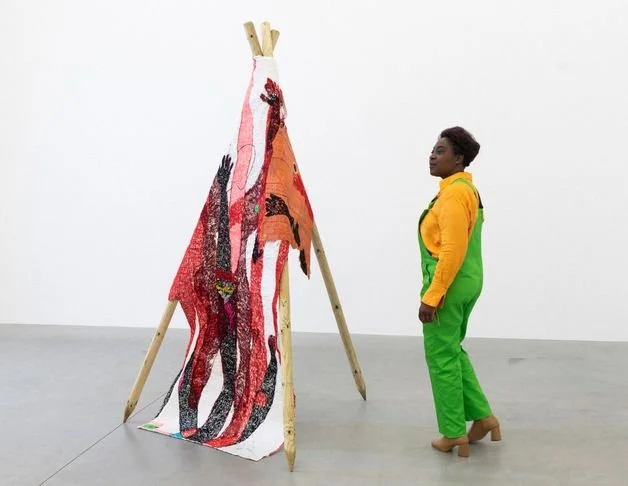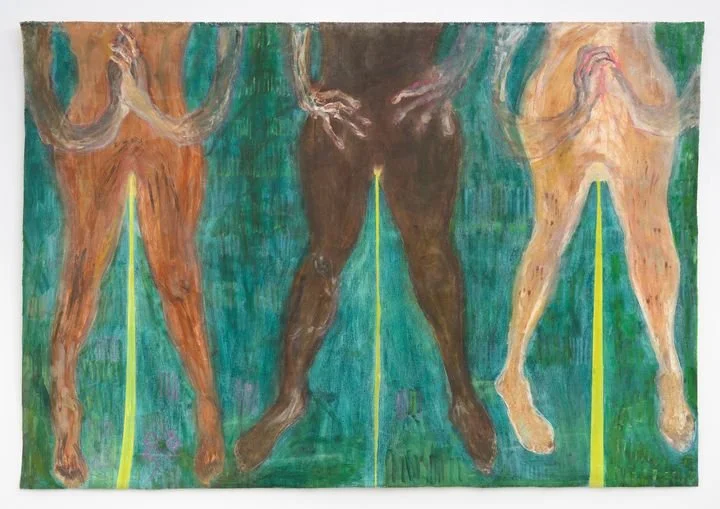Pélagie Gbaguidi: The Body as Archive by Jareh Das c/o Ocula
Key Takeaways
Quotes from Pélagie Gbaguidi:
“The posture of the griot imposed itself on me like a revelation. In 2000 or thereabouts, the questions I began to ask myself were existential: How, as an artist and woman, could I give meaning to my life? How could I make a mark on time?”
“I am an archive, we are archives, and if we share them, we might better understand ourselves and the world we live in.”
“How can we find ways to transmit today through the digital revolution? Is this important for the survival of the human species? As reflected in Édouard Glissant's archipelagic thinking, it is important in maintaining an ecology of wellbeing, thought, and relationships.”
“My vision as a griot is a commitment to creating a bridge between traditional and contemporary realms via different media. I read all the signs together to weave a daily life that resists changes.”
“In this sense, my work reflects the urgency of expressing our experiences, to be witnesses of a narrative journey and to share it as material, because each told story is a gift for a new one.”
“Finally, our 'eco-responsible' actions are linked wherever we live on this planet to make an economy of relationship—a moral ethic of mental wellbeing.”
“Through his work, Argentinian philosopher Walter Mignolo poses the question: What kind of knowledge do decolonial thinkers want? We want knowledge that contributes to eliminating coloniality and improving the conditions of life on the planet.”
“For example, a hegemonic political concern is the fight against poverty. Most research into poverty explains why we have poverty in the world. Decolonial knowledge, on the other hand, aims at revealing the 'causes' of poverty rather than accepting it as a fact, producing knowledge to improve living conditions on the planet and producing knowledge to reduce its spread.”
“In this exhibition, I ask the following questions: How can we exist without dominating others? Why does society need human capital? What is the link between the object and the subject in the capitalist world?”


